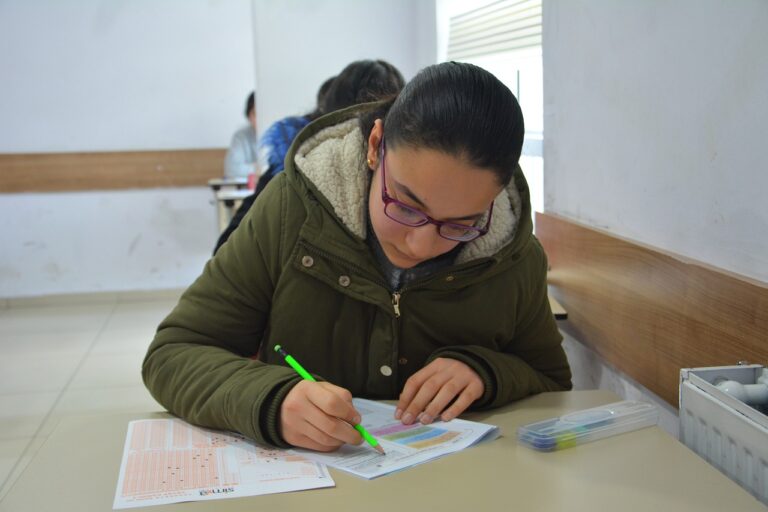Examining the Impact of Socioeconomic Status on College Access and Success
One of the key factors that significantly influences college access is socioeconomic status. Students from higher-income families often have greater access to resources that support their college aspirations, such as private tutoring, standardized test prep courses, and assistance with college applications. These advantages can result in higher acceptance rates to selective institutions, perpetuating disparities in access to higher education among different socioeconomic groups.
In contrast, low-income students may face barriers to college access, including limited financial resources for application fees, transportation, or housing. Additionally, they might attend high schools with fewer college prep resources or experienced guidance counselors, further hindering their ability to navigate the complex college admission process. These disparities in resources and support contribute to a widening gap in college access between students from different socioeconomic backgrounds.
Barriers to Higher Education for Low-Income Students
Low-income students face numerous barriers when pursuing higher education. One of the primary challenges is the financial burden associated with college tuition and fees. Many low-income students cannot afford the high costs of attending college, which often leads them to forgo pursuing a higher education altogether or take on significant student loan debt.
Additionally, low-income students often lack access to resources and support systems that are crucial for navigating the complex college application and enrollment processes. They may not have access to adequate college counseling services or support from family members who have experience with higher education. This lack of guidance can make it difficult for low-income students to understand the requirements and procedures involved in applying to college, putting them at a disadvantage compared to their more affluent peers.
Inequities in College Admission Processes for Students from Different Socioeconomic Backgrounds
College admission processes have long been scrutinized for their potential biases towards students from different socioeconomic backgrounds. Research shows that students from low-income families often face barriers when applying to colleges and universities, leading to inequities in the admission process. Factors such as lack of access to test preparation resources, limited extracurricular opportunities, and varying qualities of high school education can all contribute to these disparities.
Moreover, the reliance on standardized tests like the SAT and ACT in college admissions can further exacerbate inequalities for students from low-income households. Studies have suggested that these tests may not accurately measure a student’s potential for success in higher education and could disproportionately disadvantage students who cannot afford expensive test preparation courses. As a result, college admission processes that heavily weigh standardized test scores may inadvertently perpetuate inequities and hinder the access of students from disadvantaged socioeconomic backgrounds.





